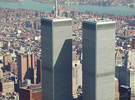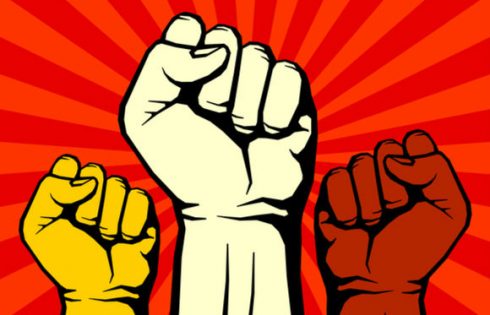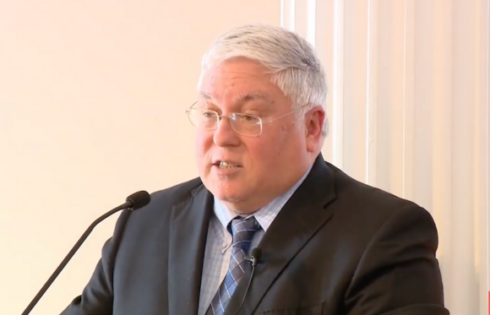
 One week after Rebecca Weber started her first year at Columbia, she looked up to see black smoke floating over campus.
One week after Rebecca Weber started her first year at Columbia, she looked up to see black smoke floating over campus.
It had drifted from the smoldering area that would come to be known as Ground Zero, an image that has remained with Weber for the last decade.
“I felt like Columbia was a world away from the attacks, and yet there were reminders that that was totally not true,” Weber, CC ’05, said recently. “That was a very jarring reminder that although 116th Street seemed very far from [downtown] Manhattan, it is physically not that far at all.”
Columbia University lost 41 affiliates in the terrorist attacks of that day. For the class of 2005, the attacks came to define their four years, and future classes have felt their effects ripple through the University in other ways—academic and religious, social and psychological.
Ten years later, students and administrators who were on campus at the time of the attacks said feelings of fear, confusion, and unity have stayed with them.
Austin Quigley, the dean of Columbia College from 1995 to 2009, described the feeling of loss as a collective emotion—“even if we didn’t know them, they were one of us.”
A decade later, he said the sense of unity that followed has also left its mark.
“There is a much stronger sense of people feeling that they need to contribute to the place, to take some responsibility for it and to strengthen it for people that come after them,” he said.
Read the full story at the Columbia Spectator.
Like The College Fix on Facebook / Follow us on Twitter





Please join the conversation about our stories on Facebook, Twitter, Instagram, Reddit, MeWe, Rumble, Gab, Minds and Gettr.